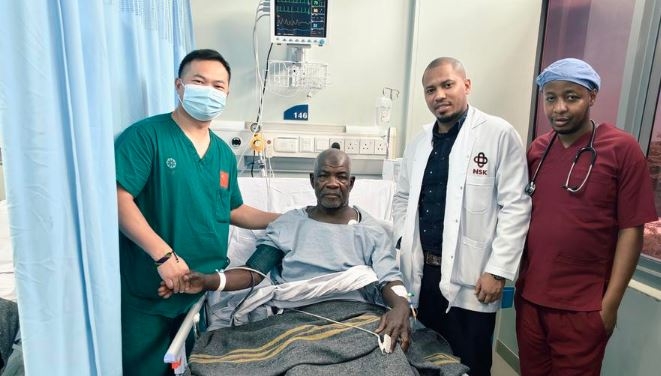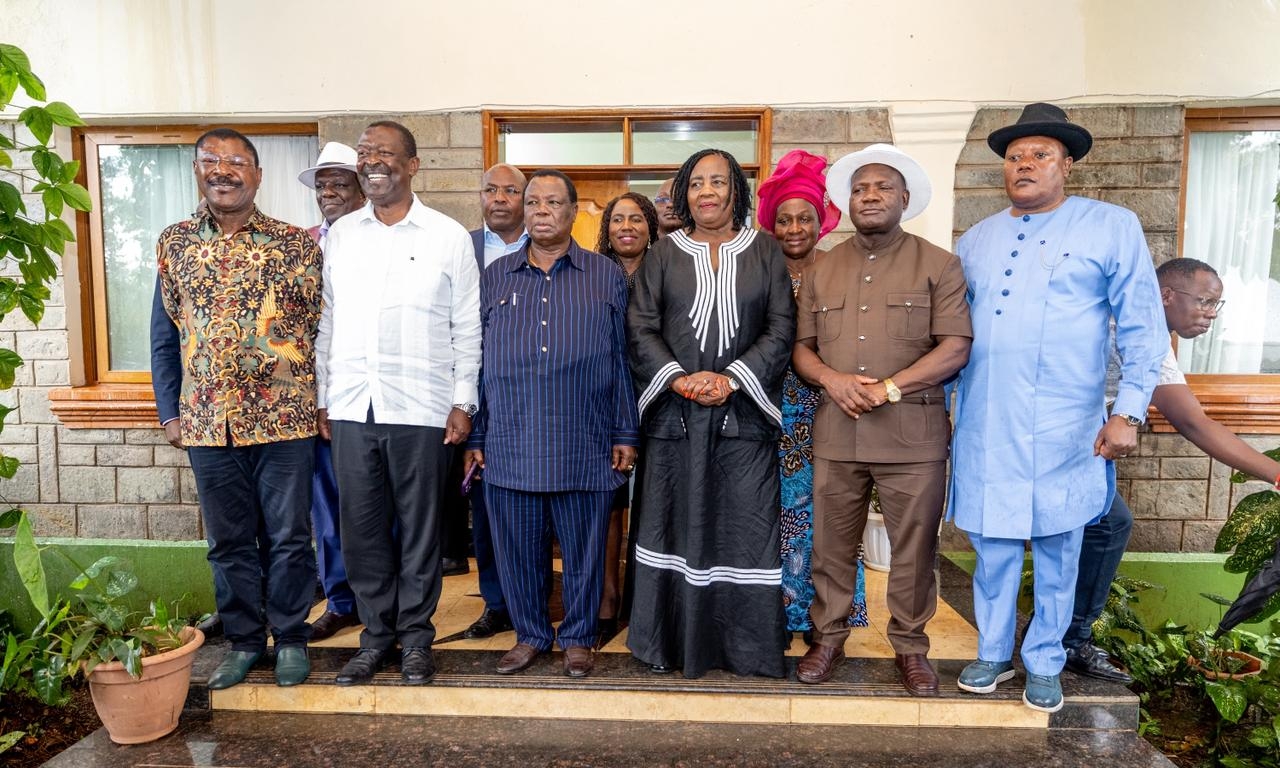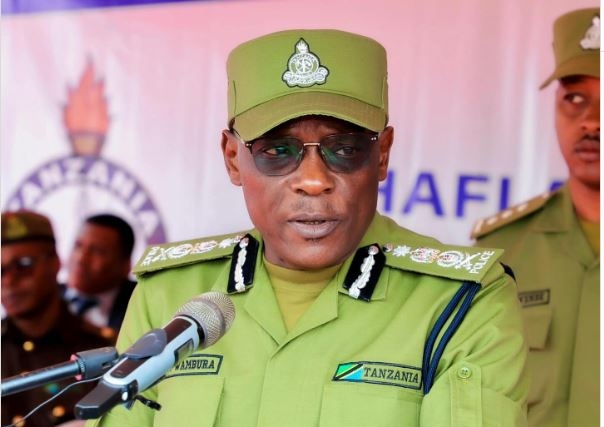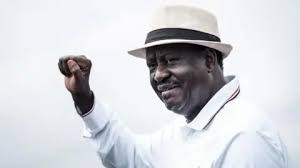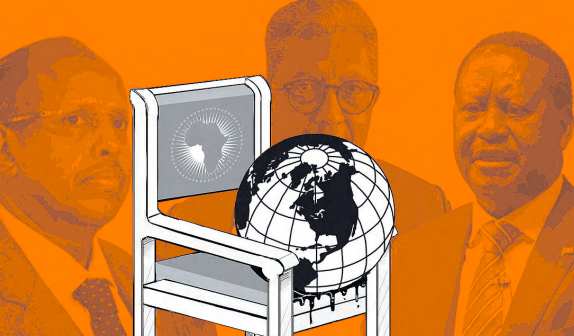
The African Union is expected to establish new leadership for the AU Commission on February 12–13, including a chairperson, a deputy and six commissioners.
The chairperson’s role has garnered significant attention as it appoints the individual as the Chief Executive Officer of the AU, while also granting them the status of legal representative and Chief Accounting Officer.
Kenya’s Raila Odinga, Djibouti’s Mahmoud Ali Youssouf and Madagascar’s Richard Randriamandrato will compete to succeed Chad’s Moussa Faki, the current chairperson, who will be leaving after his two-term tenure.
As all this unfolds, and regardless of who is elected, most Africans are calling for a complete transformation of the continent, which is rich in resources and potential. Its citizens continue to suffer and face hunger, with increasing cases of malnutrition, especially among children.
Many are dying from treatable diseases and worsening acute poverty.
The recent withdrawal of funds from the United States Agency for International Development by President Donald Trump has heightened fears in many African countries about the escalation of health-related issues such as HIV/AIDS, unproductive agriculture and food shortages.
Many African countries continue to face instability, as seen in recent conflicts in the Democratic Republic of Congo, tensions between Rwanda and South Africa, and internal strife in Sudan.
The new chairperson, capitalising on the commission’s power, must rally all stakeholders to pull Africa out of the shame of economic instability that has grabbed it for over 60 years. He must inform new mechanisms to forge strategic partnerships with multilateral and bilateral players to empower Africa.
One of the greatest challenges that must be prioritised by the AUC chair and commissioners is climate action. Climate change-related effects such as droughts, floods and other impacts have multiplied, pushing many African countries into poverty. Besides the year-in and year-out loss of billions worth of livelihoods, Africans are losing lives through resultant conflicts and disease-related effects.
The African Development Bank indicates that seven of the 10 most vulnerable countries to climate change are in Africa, noting further that it poses systemic risks to Africa’s economies, infrastructure investments, water and food systems, public health, agriculture, and livelihoods, threatening to undo its modest development gains. Agriculture, which is the backbone of many economies, has been severely impacted.
Besides the ever-changing weather patterns, the decrease in water supplies in most areas has contributed to the loss of billions of livelihoods, leading countries further into food insecurity.
A recent report by the World Meteorological Organization states that North Africa’s cereal production fell by 10 per cent of the five-year average estimated at 33 million tonnes in 2023. Further, erratic rainfall hampered cereal production in Sudan, Uganda, Eritrea, Ethiopia, South Sudan and Kenya. For a continent that contributes the least amount of global greenhouse emissions but bears the heaviest brunt of the climate crisis, there is an urgent need for climate justice and financing.
Therefore, the new AU leadership must re-strategise to ensure this has been achieved and all pledges on climate action have been realised, including the recent $300 billion (Sh38.7 trillion) yearly that was promised at the United Nations Conference of Parties in Baku, Azerbaijan, late last year.
Besides this, the leadership must lead in efforts to mobilise resources to support an effective transition to renewable energy and climate-smart agriculture that will ultimately give a better lifeline to vulnerable communities.
They must also bring together all member states to develop and implement mitigation and adaptation strategies.
The new leadership, and especially the AUC chair, has a special role to play in the transformation of Africa. He will have to lead the efforts of championing strategic partnerships for the socio-economic transformation of the continent.
Above other critical needs, the chairperson needs to focus on championing Africa’s voice on the global stage for climate action. Once the issue of climate change is solved, Africa will be the powerhouse that it needs to be.


